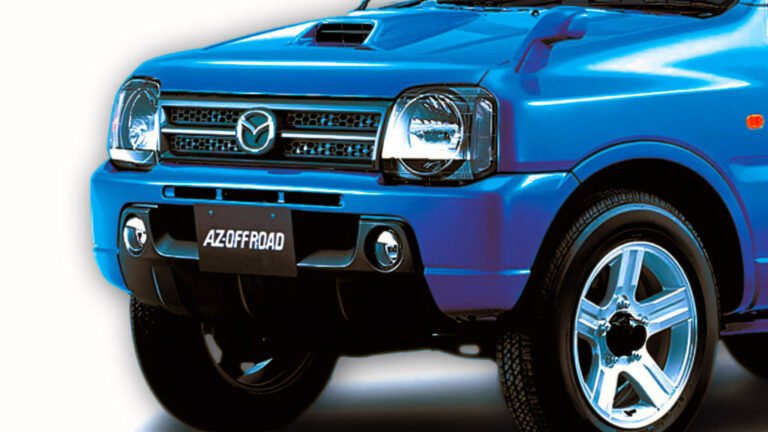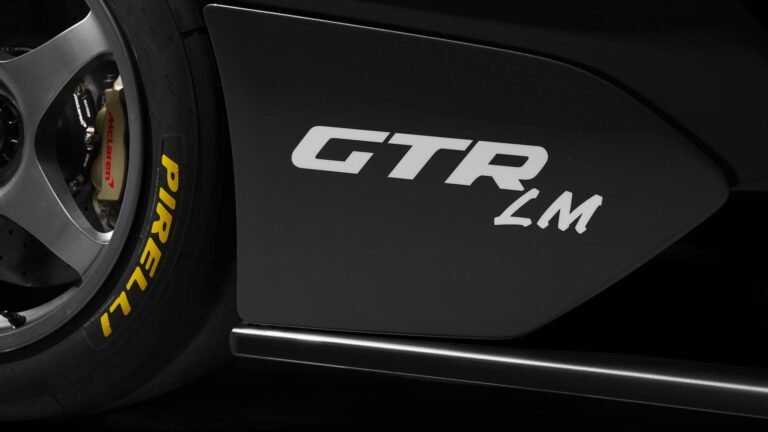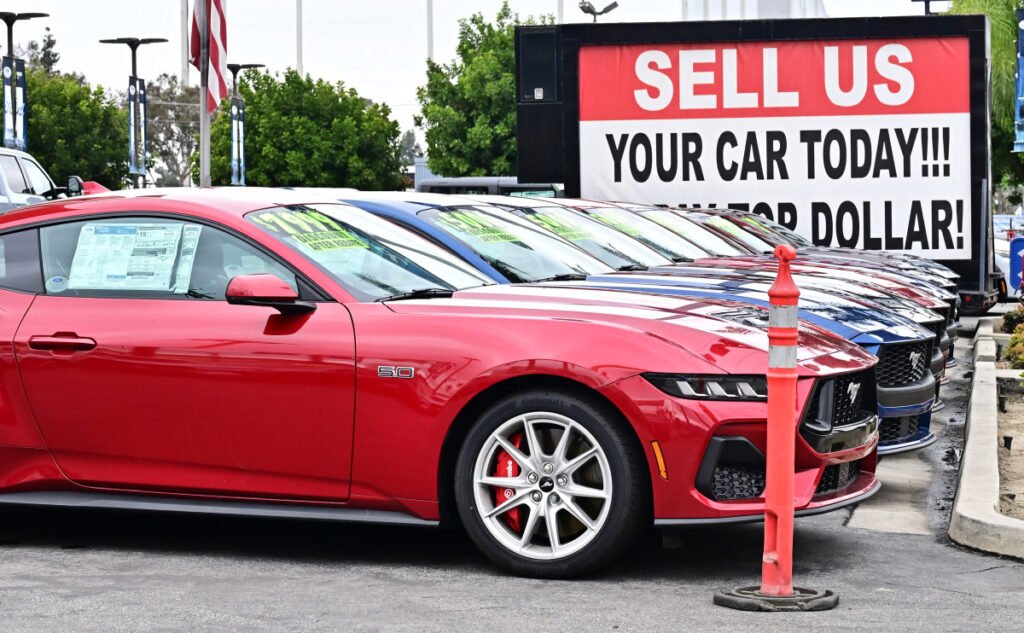
Buyer anxiety continues
The fixation on international trade tariffs during President Trump’s second term has created significant pressure for automakers and buyers alike, just as the auto industry was rebounding after the COVID-19 pandemic.
In the past few months, some automakers have adjusted their pricing and/or limited the availability of some foreign-produced models, but there haven’t been any major widespread disruptions regarding specific brands or models. Nonetheless, car shoppers are still anxious about any surprises or significant changes regarding their ability to get a new set of wheels.
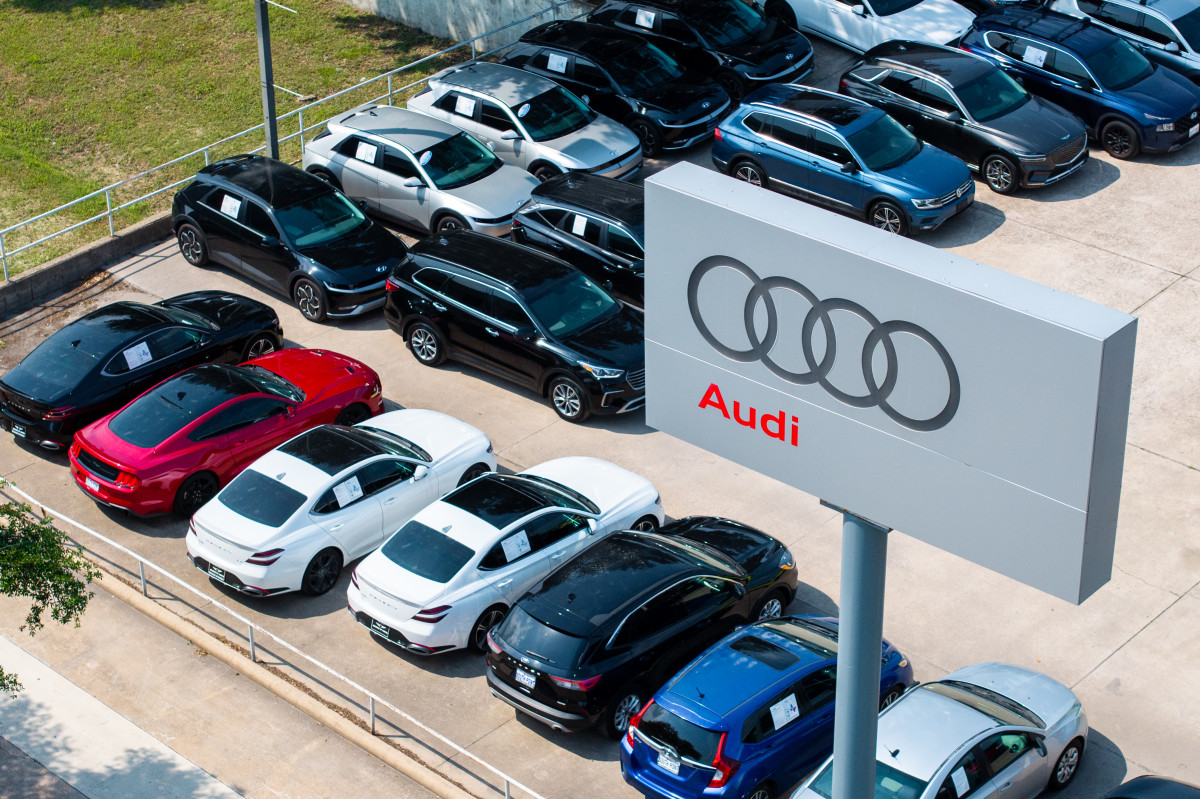
Brandon Bell/Getty Images
Some new car buyers are anxious about tariffs
According to a recent survey by Edmunds, 44% of in-market shoppers said that tariffs would “definitely influence their purchase decisions,” while 31% indicated they would have some influence. Only 17% said that tariffs would have no impact at all on their buying decisions. Actual data recorded by Edmunds shows that the impact of tariffs on the automotive market has had a far less significant effect on new car prices than expected, as the average transaction price (ATP) for new vehicles remained stable year-over-year. In April 2025, the ATP was $48,422, just a 2.2% increase from the exact figure in 2024.
Despite this, some buyers strategically time their purchases in response to the ever-changing tariff situation. About 37% of buyers in the market for new cars told Edmunds that they plan to buy sooner to avoid potential tariff-based pricing issues, while 25% say they’re waiting out their big purchases.
At the same time, most new car buyers that Edmunds surveyed believe that they understand how tariffs will affect the market. Edmunds’s survey data shows that 55% of buyers said they’re either somewhat or very confident in knowing how tariffs affect vehicle prices, while 21% said that they weren’t confident.
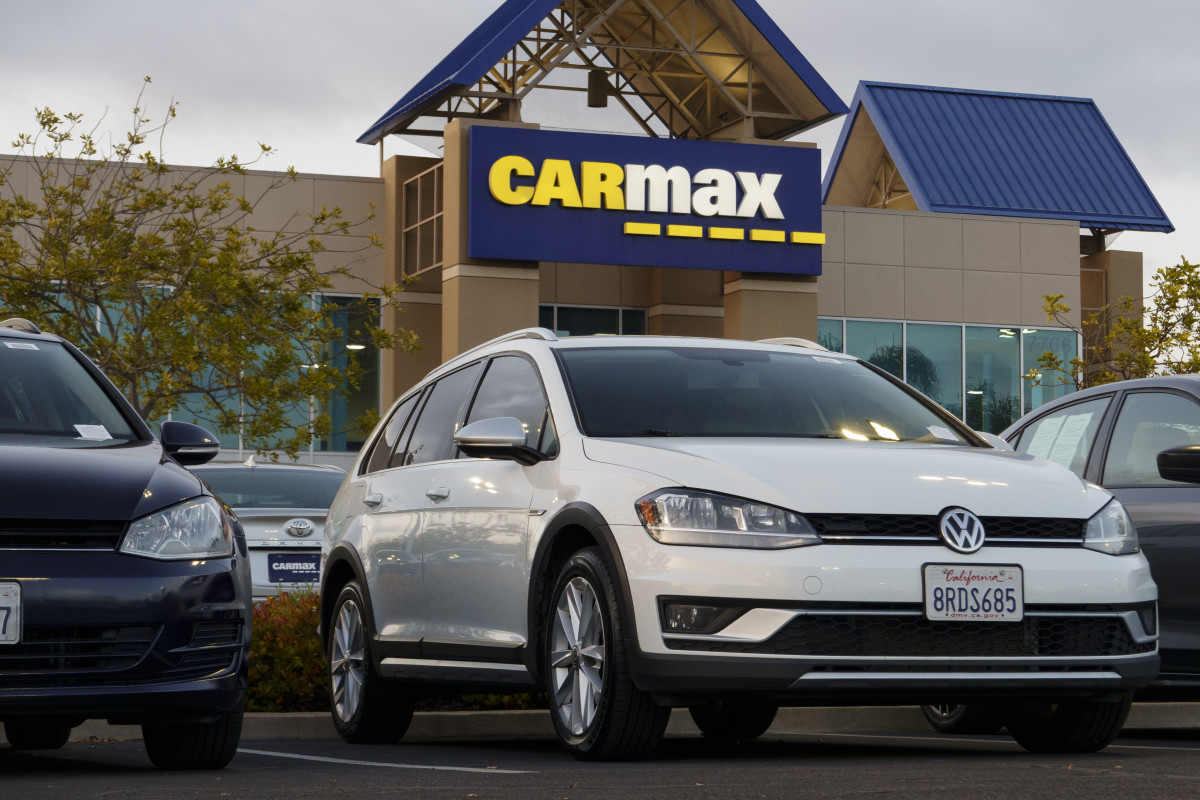
Kevin Carter/Getty Images
Some buyers are opting for used cars instead
With all the hubbub regarding new models, Edmunds observed that some buyers are opting to hit the tariff-free used market to get their fix of new-to-them sets of wheels. Alongside observing a surge in visitors to the used cars section of their website, 58% of respondents shared with Edmunds that they have developed a heightened interest in purchasing used vehicles. Within this group, 46% indicated they are particularly drawn to certified pre-owned (CPO) vehicles, highlighting a growing preference for these thoroughly inspected and warranty-backed options in the used car market.
Despite this trend, Edmunds warns that there is a limited number of near-new used vehicles, which is a consequence of the reduced leasing and new inventory volumes that occurred as a result of the microchip shortage just three years ago.
According to Edmunds’s data released on May 22, the average price for a 3-year-old used vehicle was $30,522 during the first quarter of 2025, a 2.3% year-over-year increase from $29,844 in 2024. They also observe that used cars are taking longer to sell at dealerships. Currently, used vehicles sit on lots for an average of 38 days, four days longer than last year and tied with the record for the longest wait time since the first quarter of 2021.
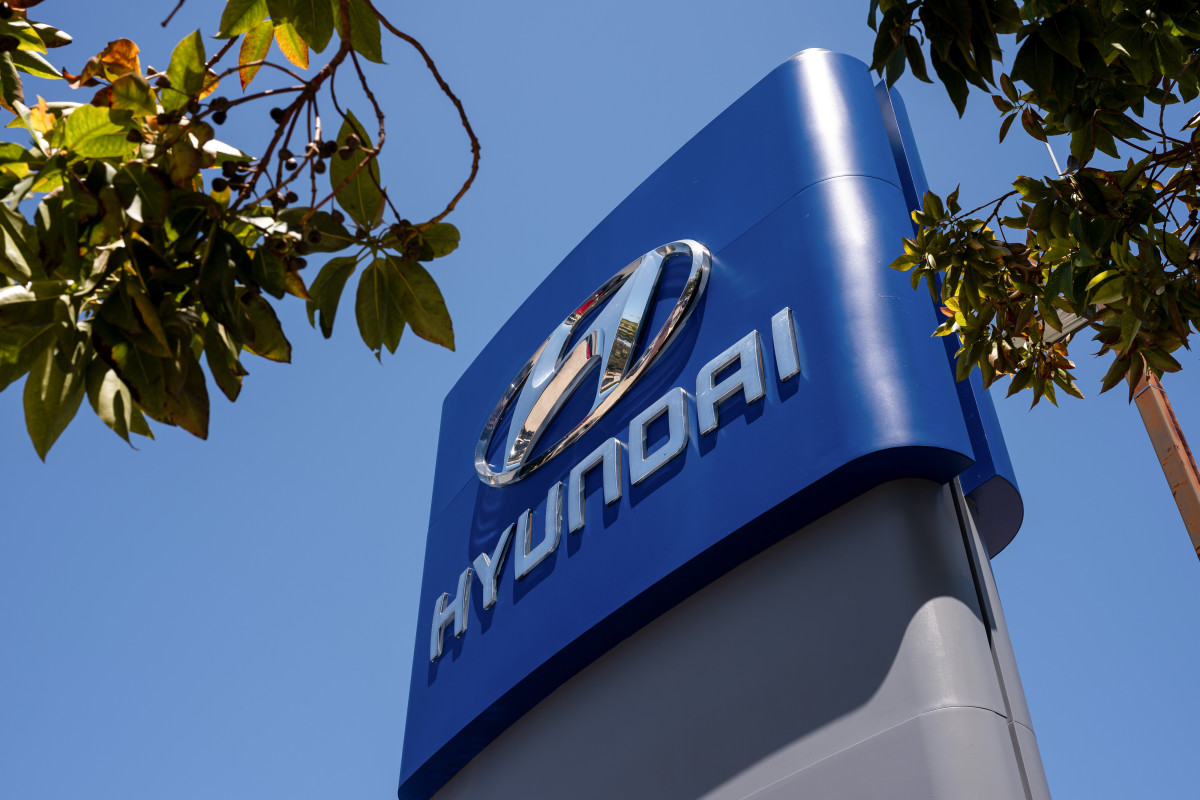
Final Thoughts
Although Edmunds’ data only shows a 2.2% increase in new car prices from 2024, I believe a significant portion of this is due to automakers’ efforts to maintain steady prices. Price guarantee programs like Hyundai and Genesis’s Customer Assurance and Ford’s Employee pricing programs have helped automakers keep punching a dent in sales. For instance, Ford saw a 16% surge in year-over-year sales in May 2025, while Hyundai saw an 8% increase during the prior month.
However, time will tell when it comes to the response to auto tariffs and any developments regarding trade deals that could bring down potential duties on imported cars from specific countries.

